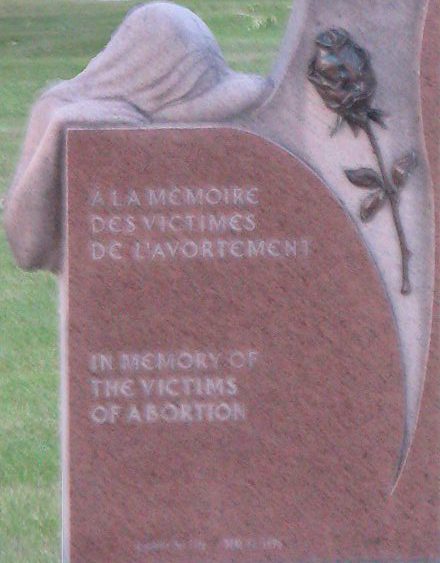Ultimately the question is not going to be: Did you hate Britain?
Continue readingPolitics
Hatred or not?
Or is this just a word used badly?
Continue readingChickens in a coop
Why is offence so easily taken?
What should the chickens do?
Did you hear the one about the chickens in the çoup?
Continue readingRights?
There is much talk about human rights in the present age.
But there is little talk of duty.

Christians persecuted by Islamists, says Prince Charles
Diversity
When ruled by a banker
I posit an island, in which three people live: a farmer, a merchant and a banker.
I had been introduced to Take five some time ago.
On that former occassion the gentleman concerned wished to know the sum of two digits of two. During his enquiries he called upon a banker but was left somewhat perplexed by the banker’s response.
Take six shows us the consequences of what the banker tried to explain.
Continue readingTax gaap: the impossible gap?
In life there are only two certainties: death and taxes.
So it was said, but in uncertain days an accountant might need some imagination.
It has often been said that GAAP (Generally accepted accounting principals) were introduced in order to ensure: certainty comparability correlation and correspondence
Continue readingAndersen too
Coco has written only a small part of the content of this page.
He hopes by it to suggest an answer to the question that everyone is asking but afraid to voice:
Did it really happen?

Deserted Island
Emperors of the Island – Danny Abse
There is a story of a deserted Island
Where five men walked down to the shore
The story of the Island is
that three men would two men slay
Three men dug two graves in the sand
Three men stood on the sea wet rock
Three shadows moved away.
There is a story of a deserted Island
Where three men walked down to the shore
The story of the Island is
that two men would one men slay
Two men dug one grave in the sand
Two men stood on the sea wet rock
Two shadows moved away.
There is a story of a deserted Island
Where two men walked down to the shore
The story of the Island is
that one men would one men slay
One men dug one grave in the sand
One men stood on the sea wet rock
One shadow moved away.
There is a story of a deserted Island
Where one man walked down to the shore
The story of the Island is
that four ghosts would one men slay
Five ghosts dug one grave in the sand
No men stood on the sea wet rock
No shadows moved away.
© Danny Abse 1957
See also The Poetry Station where Danny Abse recites a different version of this poem. © The English and Media Centre
The copyright of the music is held by Stuart Moffatt (© 1969).
The midi file was produced using Noteworthy Composer.
The mp3/ogg were produced using Myriad software.